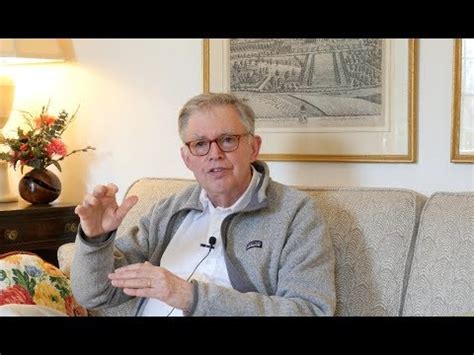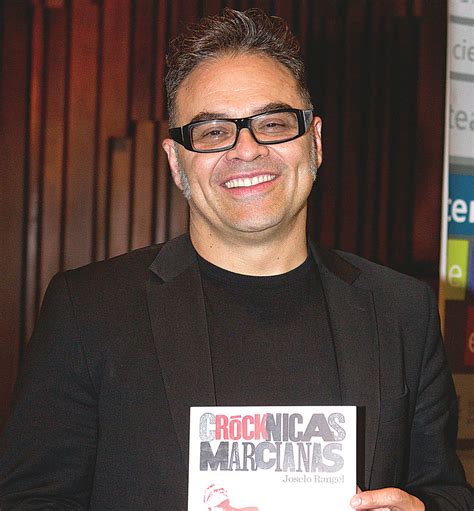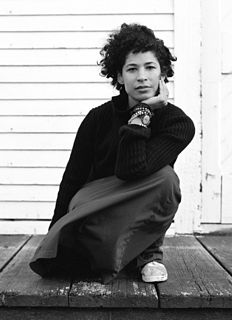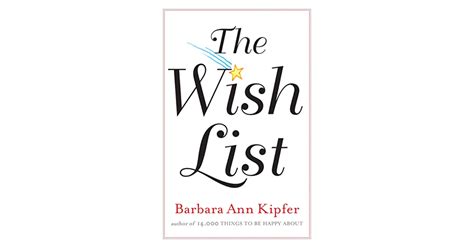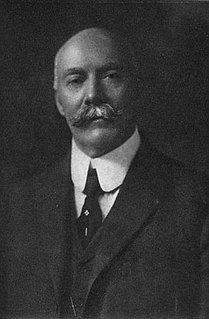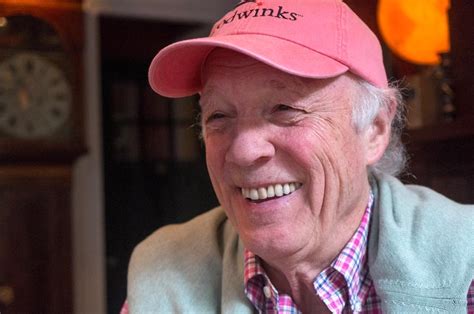A Quote by Joseph Bruchac
Do we make ourselves into what we become or is it built into our genes, into the fate spun for us by whatever shapes events?
Related Quotes
Whenever we make changes in our surroundings, we can too easily shortchange ourselves, by cutting ourselves off from some of the sights and sounds, the shapes or textures, or other information from a place that have helped mold our understanding and are now necessary for us to thrive. Overdevelopment and urban sprawl can damage our own lives as much as they damage our cities and countryside.
Sooner or later, fate puts us together with all the people, one by one, who show us what we could, and shouldn’t, let ourselves become. Sooner or later we meet the drunkard, the waster, the betrayer, the ruthless mind, and the hate-filled heart. But fate loads the dice, of course, because we usually find ourselves loving or pitying almost all of those people. And it’s impossible to despise someone you honestly pity, and to shun someone you truly love.
Though we are commanded to 'wash ourselves', to 'cleanse ourselves from sins', to 'purge ourselves from all our iniquities', yet to imagine that we can do these things by our own efforts is to trample on the cross and grace of Jesus Christ. Whatever God works in us by his grace, he commands us to do as our duty. God works all in us and by us.
[Grace] is given not to make us something other than ourselves but to make us radically ourselves. Grace is given not to implant in us a foreign wisdom but to make us alive to the wisdom that was born with us in our mother?s womb. Grace is given not to lead us into another identity but to reconnect us to the beauty of our deepest identity. And grace is given not that we might find some exterior source of strength but that we might be established again in the deep inner security of our being and in learning to lose ourselves in love for one another to truly find ourselves.
We don't think of ourselves in Cafe Tacvba as representatives. When we go and make new material, we feel that our creations are more authentic if we think of ourselves. We don't say, "Let's be the representatives and show the moment that our society is in." But when it comes to performing and we visit other countries, like New York, many people approach us, people who are outside of their own country, and we become a referent. Our shows become this sort of ritual, and our performances become that moment of identity.
It seems to me, that this, too, is how memory works. What we remember of what was done to us shapes our view, molds us, sets our stance. But what we remember is past, it no longer exists, and yet we hold on to it, live by it, surrender so much control to it. What do we become when we put down the scripts written by history and memory, when each person before us can be seen free of the cultural or personal narrative we've inherited or devised? When we, ourselves, can taste that freedom.
Isn't it true that whatever isn't determined by our genes must be determined by our environment? What else is there? There's Nature and there's Nurture. Is there also some X, some further contributor to what we are? There's Chance. Luck. This extra ingredient is important but doesn't have to come from the quantum bowels of our atoms or from some distant star. It is all around us in the causeless coin-flipping of our noisy world, automatically filling in the gaps of specification left unfixed by our genes, and unfixed by salient causes in our environment.
Wishing is good for us.
Daydreams, fantasies, castles in the air, and aspirations
All drive us forward,
Impel us to make things happen.
They also tell us a lot about ourselves.
Our wishes come straight from our core,
And they are loaded with vital information
About who we are and who we can become.
Keeping track of our wishes
Helps us tap into the energy
That propels us to go after our happiness.
It is a psychological law that whatever we desire to accomplish we must impress upon the subjective or subconscious mind; that is, we must register a vow with ourselves, we must make our resolution with vigor, with faith that we can do the thing we want to do; we must register our conviction with such intensity that the great creative forces within us will tend to realize them. Our impressions will become expressions just in proportion to the vigor with which we register our vows to accomplish our ambitions, to make our visions realities.
Where is fate and who is fate? We reap what we sow. We are the makers of our own fate. None else has the blame, none else has the praise. We make our own destiny.
The Christian is not to become a Hindu or a Buddhist, nor a Hindu or a Buddhist to become a Christian.
Each must assimilate the spirit of other religion and yet preserve his individuality and follow his own law of growth.




